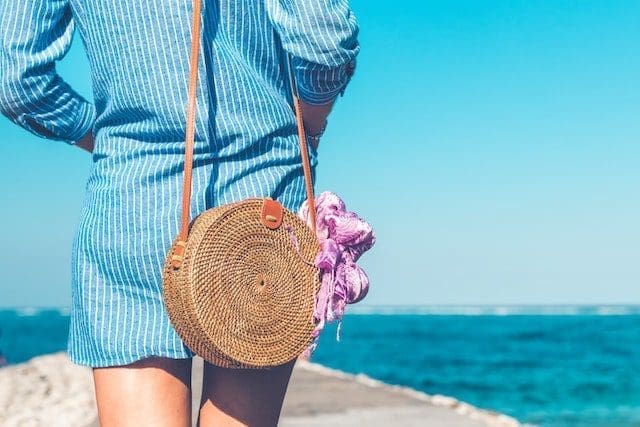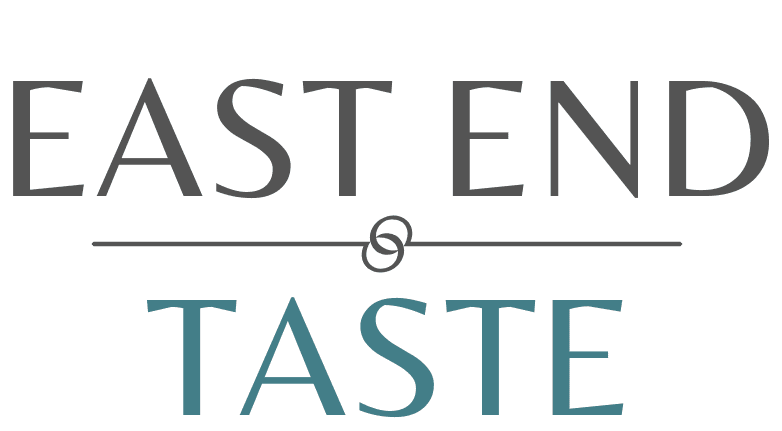Ethical fashion offers a stylish way for shoppers to make more socially and environmentally responsible choices. As consumer awareness grows around issues like sustainability and fair labour, ethical shopping gains mainstream appeal. To simplify production management for print shops is essential in the realm of ethical fashion, offering streamlined processes that align with the growing consumer awareness of sustainability and fair labor practices.
This guide serves as an introduction to the values driving ethical fashion. We’ll unpack what makes clothing and accessories “ethical”, and you’ll learn useful tips for evaluating brands and incorporating ethics into your personal style.
Welcome to the world of fashion that makes you feel good inside and out! Let us walk you through the empowering landscape of ethical clothing and accessories. You can dress with style – and a conscience!
What Is Ethical Fashion?
Before we dive in, let’s get the basics down. Ethical fashion is a commitment to creating clothing and accessories that prioritise people, the planet, and animals. It’s the antithesis of “fast fashion,” which is characterised by mass production, low-quality items, and exploitative practices.
Instead, ethical fashion values fairness, sustainability, and transparency in every step of the fashion supply chain.
Why Ethical Fashion Matters

Sustainability: One of the core pillars of ethical fashion is sustainability. It’s about reducing the environmental impact of the fashion industry, which is notorious for its heavy use of resources and contribution to pollution.
By choosing ethical fashion, you’re supporting brands that use eco-friendly materials, reduce waste, and employ responsible manufacturing practices.
Fair Labour: Ethical fashion ensures fair wages, safe working conditions, and workers’ rights throughout the supply chain. This means that the clothes you wear aren’t made through sweatshop labour or exploitative practices. Your fashion choices can help improve the lives of garment workers around the world.
Animal Welfare: If you’re an animal lover, ethical fashion aligns with your values. Many ethical fashion brands are vegan and cruelty-free, meaning they don’t use animal-derived materials or engage in harmful testing. You can look fabulous without compromising the well-being of animals.
Navigating The Ethical Fashion Landscape
Now that you understand what ethical fashion is all about, let’s navigate the landscape and help you make informed choices.
-
Do Your Homework
Begin your journey by researching ethical fashion brands. Fortunately, in today’s digital age, information is at your fingertips. You can easily find lists of ethical brands, read reviews, and check out their websites to understand their values and practices.
-
Prioritise Quality Over Quantity
Ethical fashion encourages a shift from a disposable mindset to a more thoughtful one. Instead of buying loads of cheap, low-quality items, invest in a few high-quality pieces that will last longer. This not only saves you money in the long run but also reduces your environmental footprint. If you’re looking for high-quality ethical fashion options, consider checking out Brand House Direct for a wide range of sustainable and stylish choices.
-
Embrace Second-Hand Shopping
Vintage and second-hand stores are treasure troves for ethical fashion enthusiasts. Not only will you discover unique and stylish pieces, but you’ll also be extending the life of clothing, reducing waste, and supporting sustainable consumption.
-
Look For Certifications
Keep an eye out for certifications like Fair Trade, GOTS (Global Organic Textile Standard), and PETA-approved vegan logos. These symbols indicate that the brand follows specific ethical and sustainable guidelines.
-
Learn About Fabrics
Understanding the materials used in your clothing is essential. Ethical fashion often incorporates sustainable fabrics like organic cotton, hemp, Tencel, and recycled materials. These fabrics are not only eco-friendly but also comfortable and stylish.
-
Support Local and Independent Brands
Smaller, local, and independent brands often have a more transparent supply chain. By supporting them, you’re contributing to the growth of ethical fashion and promoting local economies.
-
Consider Minimalism
Minimalism isn’t just a design aesthetic; it’s a lifestyle that aligns perfectly with ethical fashion. A minimalist wardrobe consists of versatile, timeless pieces that can be mixed and matched effortlessly.
-
Advocate For Change
As you embark on your ethical fashion journey, don’t forget the power of your voice. Share your discoveries on social media, support campaigns, and encourage others to make conscious choices as well. Your influence can create a ripple effect of positive change.
-
Ethical Engagement Rings: A Symbol of Love and Responsibility
With ethical fashion making its mark in every aspect of our lives, it’s no surprise that engagement rings are also getting an ethical makeover. Ethical engagement rings are crafted with the same care and consciousness that define ethical fashion.
When you’re ready to take the next step in your relationship, consider an engagement ring that not only symbolises your love but also reflects your commitment to ethical choices.
Conflict-Free Diamonds
Traditional diamond mining has been associated with human rights abuses and environmental destruction. Ethical engagement rings often feature conflict-free diamonds, which are sourced responsibly and don’t contribute to violent conflicts.
Lab-Grown Diamonds
Another ethical alternative is lab-grown diamonds like those produced by Ingle and Rhode, ethical jewellers in London. These diamonds are chemically identical to mined ones but are created in a controlled environment, reducing the environmental impact and eliminating ethical concerns associated with mining. They are the perfect ethical option to adorn gorgeous engagement rings in London.
Ethical Metal Choices
Beyond diamonds, consider the metal used in your engagement ring. Look for options like recycled gold or platinum, which reduce the demand for newly mined metals and minimise environmental damage.
Artisan Craftsmanship
Many ethical engagement rings are handcrafted by skilled artisans in fair working conditions. Supporting such craftsmanship ensures that your ring is a unique and ethically made piece of art.
-
Ethical Fashion Icons: Leading The Way
In recent years, numerous fashion icons and celebrities have embraced ethical fashion, using their influence to raise awareness and set trends. From Emma Watson’s sustainable red-carpet choices to Meghan Markle’s love for ethical brands, these icons demonstrate that ethical fashion can be glamorous and influential.
-
The Future of Ethical Fashion: Innovations and Trends
As ethical fashion continues to gain momentum, it’s evolving in exciting ways. Keep an eye out for innovative trends and practices that are shaping the future of the industry, such as:
Circular Fashion
This approach emphasises recycling and reusing clothing, reducing waste, and conserving resources.
Blockchain Technology
Blockchain is being used to increase transparency in the fashion supply chain, allowing consumers to trace the origins of their garments.
3D Printing
3D printing is revolutionising fashion production by allowing for customised, waste-free designs.
DTF printing is a game-changer in the realm of sustainable fashion, providing a versatile and eco-friendly method for applying designs to various fabrics. Unlike traditional screen printing, a DTF printer uses less water and energy, making it a more sustainable choice. This technology allows for high-quality, vibrant prints that can adhere to a wide range of materials, supporting the creation of unique, durable fashion pieces.
-
Ethical Fashion on a Budget: Practical Tips
You don’t need to break the bank to embrace ethical fashion. Here are some practical tips for budget-conscious beginners:
Shop Sales and Clearance
Ethical fashion brands often have sales and clearance sections where you can find affordable, eco-friendly options.
Thrift Shopping
Thrift stores and charity shops are excellent places to find second-hand treasures at budget-friendly prices.
Swap with Friends
Organise clothing swaps with friends or family members to exchange items and refresh your wardrobe for free.
Overview
Ethical fashion is not just stylish – it powers a movement for industry reform. Every purchasing choice makes an impact through the materials bought and brands supported.
As an ethical consumer, you become part of a community driving positive change, whether perusing shops in London or Manchester markets. Seek brands that align with your social and environmental values. Support retailers pioneering sustainability and fair labour practices.
Wear these compassionate purchases proudly, inspiring fashion to become more responsible industry wide. Great style and ethics can go hand in hand when we thoughtfully align our values and wardrobe.
Together, mindful consumers and brands can transform the industry for the better.

